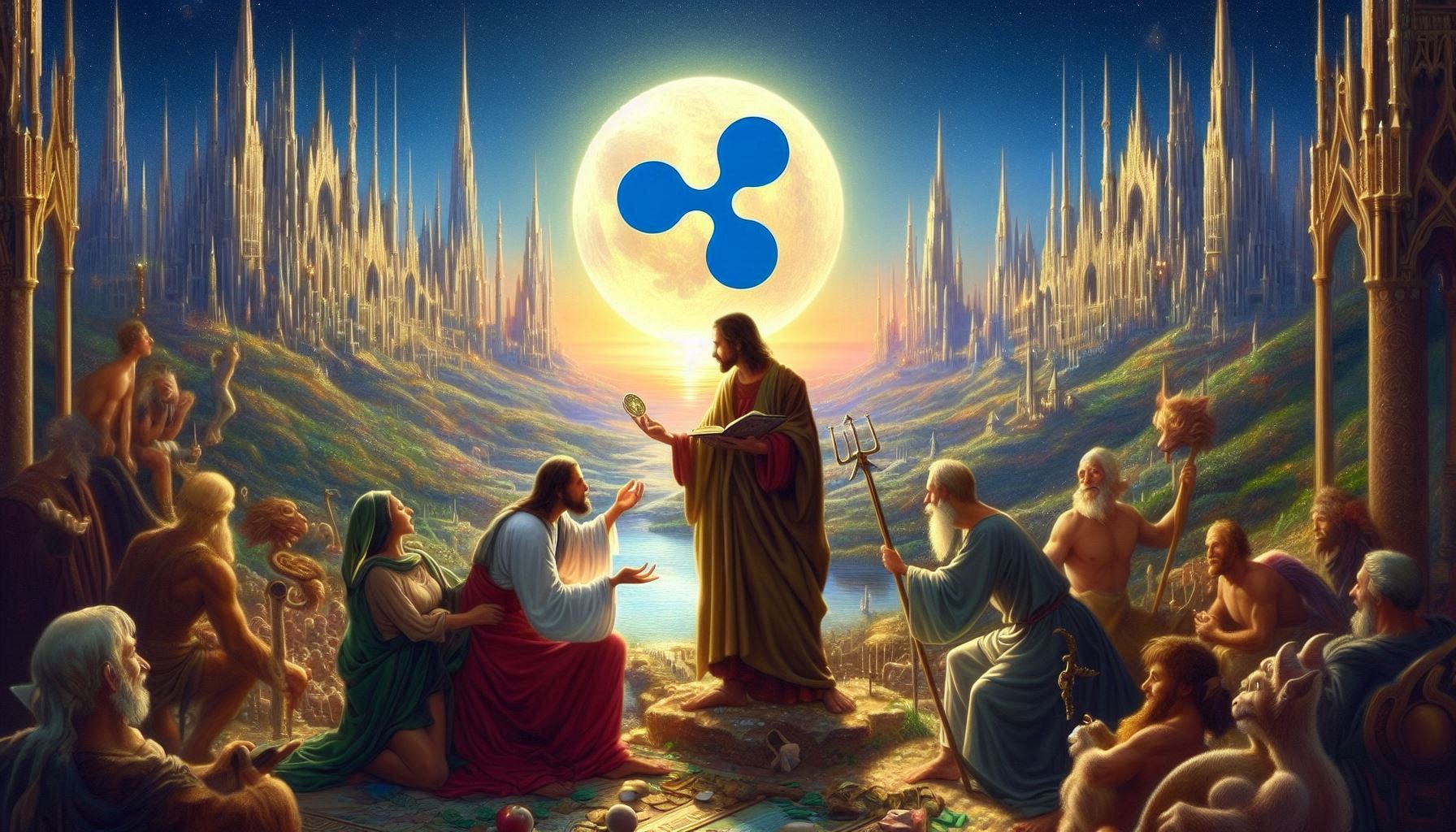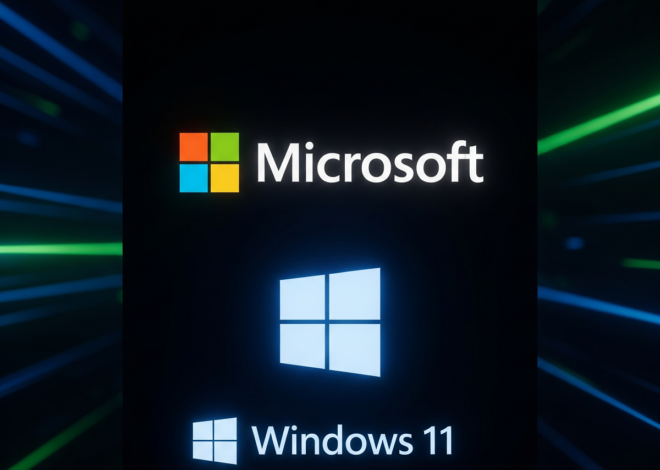
XRP: The Future of Global Payments? Expert Declares It a SWIFT Replacement
- XRP is revolutionizing global payments by enabling near-instant transactions at a fraction of the cost compared to SWIFT.
- XRP and Ripple’s Interledger Protocol (ILP) offer seamless, secure, and efficient cross-border payments, challenging SWIFT’s outdated system.
The debate over the future of cross-border payments just got more intense as prominent cryptocurrency influencer X Finance Bull (@Xfinancebull) made a bold statement—XRP, powered by Ripple’s Interledger Protocol (ILP), isn’t just an improvement over SWIFT; it’s a complete replacement.
XRP vs. SWIFT: The Key Differences
A recently shared post on X highlights the stark contrast between SWIFT and XRP with ILP. The comparison is staggering—while SWIFT transactions can take anywhere from one to five days to settle, XRP completes transactions in mere seconds. Additionally, the cost disparity is enormous: SWIFT fees range from $10 to $50 per transaction, while XRP transactions cost only fractions of a cent.
Michael Arrington, the founder of Arrington Capital, previously demonstrated XRP’s efficiency by transferring $50 million in just three seconds at a mere cost of $0.30. This real-world example showcases XRP’s unparalleled speed and affordability in global finance.
Why XRP and ILP Could Revolutionize Payments
One of the biggest advantages of XRP and ILP is their transparency and interoperability. Unlike SWIFT, which is confined within the banking system, XRP operates across multiple financial networks, including blockchains and digital wallets. This allows for real-time tracking and seamless integration between different financial institutions, a feature SWIFT severely lacks.
Furthermore, Ripple’s ILP is designed to work without centralized intermediaries, enhancing security while eliminating the inefficiencies and delays associated with legacy banking systems. As a result, banks, fintech companies, and even central banks like the Bank of England have explored XRP’s potential in modernizing financial transactions.
A Shift Toward a New Financial Infrastructure
X Finance Bull’s post emphasizes that XRP isn’t just a competitor to SWIFT—it’s a next-generation payment highway designed to facilitate instant value transfers across different financial ecosystems. Ripple CEO Brad Garlinghouse has also reinforced this idea, calling SWIFT outdated and advocating for a more advanced, blockchain-based payment solution.
The transition to XRP and ILP could redefine global finance, eliminating expensive fees and lengthy processing times while improving accessibility for underbanked regions. As more institutions recognize its potential, the question remains: is XRP poised to replace SWIFT entirely? If the efficiency, cost savings, and speed are any indicators, the financial world may soon be shifting in XRP’s favor.


